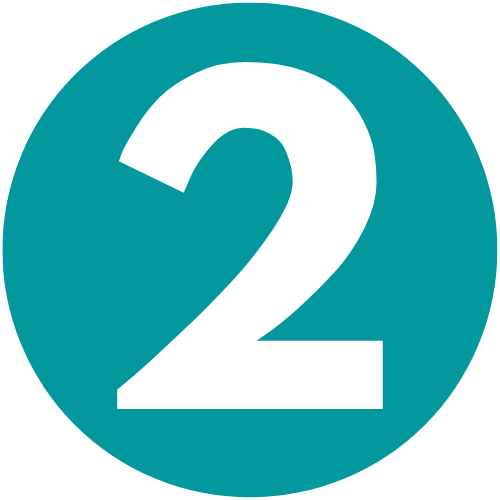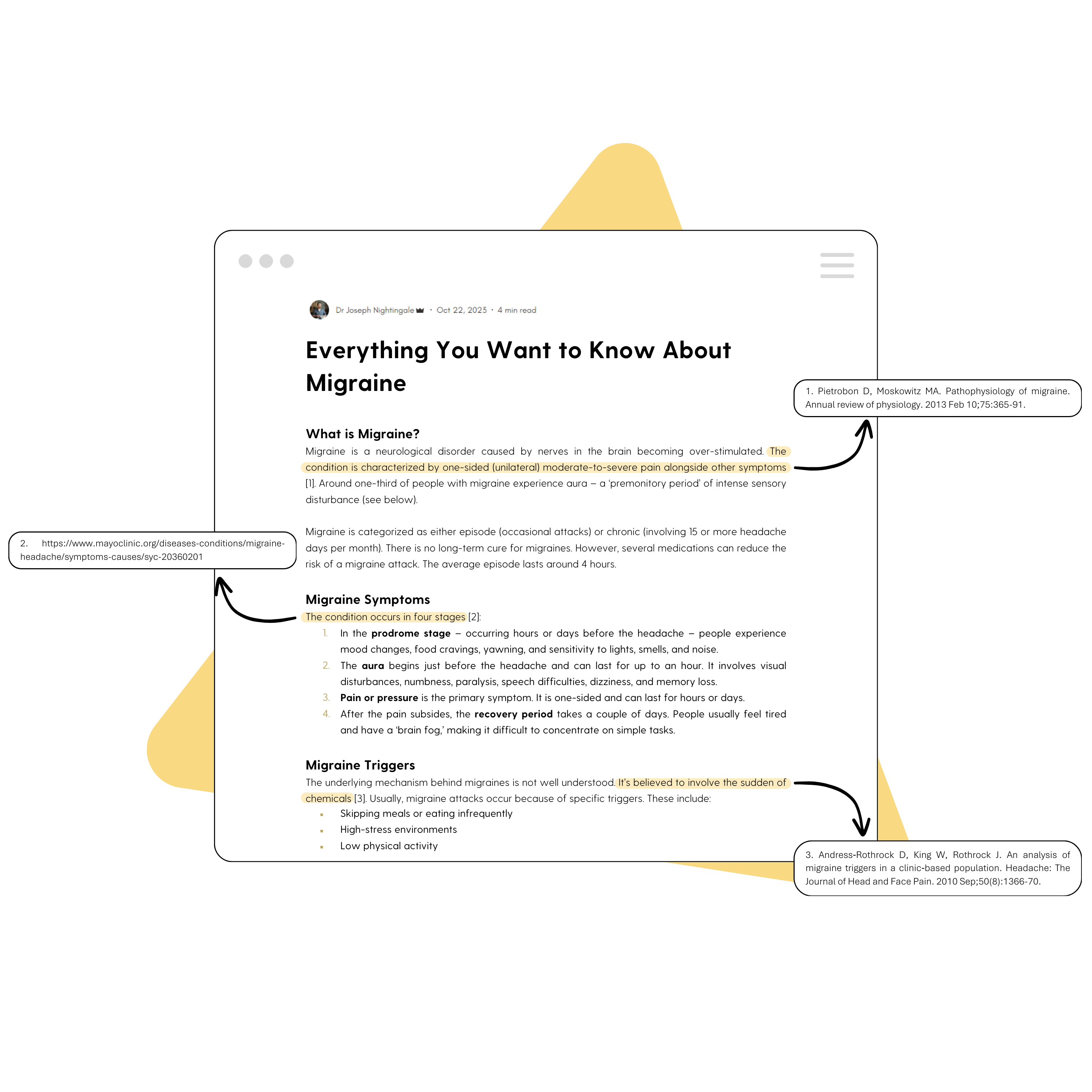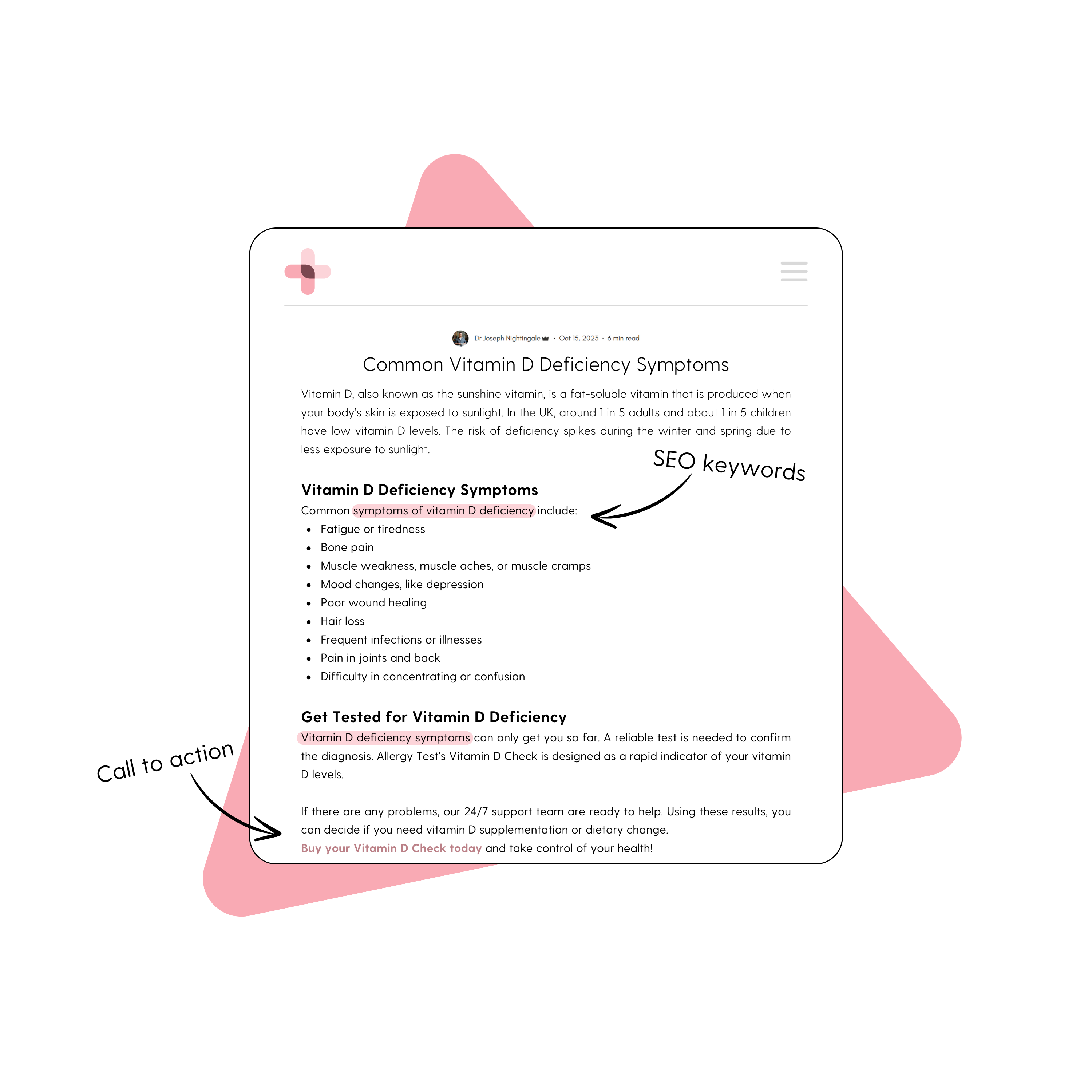Trusted by business and nonprofits


Businesses and nonprofits rely on scientific writing as a tool for communication, marketing, education, and advocacy.
For example, a pharmaceutical company may use medical writing to explain how a drug works, while a pet food company may hire a health writer to convey the nutritional benefits of their products.
Every purchase is built on a foundation of trust. When customers see products and services backed by scientific and medical research it build trust – helping provide some proof to a brand’s claims.
Science and medical writing, therefore, transform complex jargon into clear insights, empowering businesses and nonprofits to build trust and credibility through informed, evidence-backed communication.
What is science and medical writing?
Business and nonprofits face a problem. As experts, they struggle to translate complex industry jargon into digestible, easy-to-understand content their customers can comprehend.
Here's the answer:

Science writing involves creating content that explains a product's scientific details to customers to foster trust and client confidence in a product.

Medical writing involves highlighting the health properties of a product through product descriptions, blog articles, patients leaflets, and other educational resources.
Reach your audience with expert science & medical writing
USE CASES OF SCIENTIFIC & MEDICAL WRITING
Prepare white papers and eBooks for investor engagement.
Develops eBooks on prevalent health issues for education.
Use scientific insights to highlight product features.
Craft blog articles showcasing scientific product benefits.
Create educational content for patients on health issues.
Write detailed press releases on regulatory milestones.
Ensure content accuracy with expert research
REFERENCED AND SOURCED
Clients in the science and medical industries want clear and interesting information based on evidence, but without the complicated jargon. Companies often struggle to find copywriters and SEO agencies that are as well versed in scientific understanding as they are in search engine optimisation.
With a qualified medical doctor on the team, we provide professional writing and detailed nowledge. We rely on the highest-quality sources to support any healthy or scientific claims and perform a thorough fact-check to guarantee accuracy.



Translate complex ideas into easy-to-understand articles
CLARITY & COMPREHENSIBILITY
Clear, straightforward communication is prioritised, avoiding complicated jargon to make content accessible and engaging for a wider audience.
Content is organised with clear headings, subheadings, and bullet points. This methodical arrangement makes complex information easy to digest and follow.
We supplement content with diagrams, charts, and infographics, simplifying complex data and making it visually appealing.
Reach your audience with compelling content
RELEVANT AND ENGAGING
Strategic use of SEO principles ensures the content not only appeals to the audience but also ranks well in search results, increasing visibility and driving traffic.
Engaging stories and practical examples are crafted to capture attention and make the content memorable, encouraging deeper engagement.
We add calls-to-action and interactive elements are incorporated to prompt audience articipation and engagement.
Receive fact-checked content based on trustworthy sources
ACCURACY AND RELIABILITY
Each piece of content is meticulously verified through a rigorous fact-checking process, ensuring that all information is accurate and free from errors - essential for maintaining credibility and trust.
Content is continually cross-checked against emerging data and scientific advancements, ensuring it stays relevant and correct.
We source information solely from credible and authoritative sources such as peer-reviewed journals, established news outlets, and recognised industry experts.
Your Questions,
Answered.


